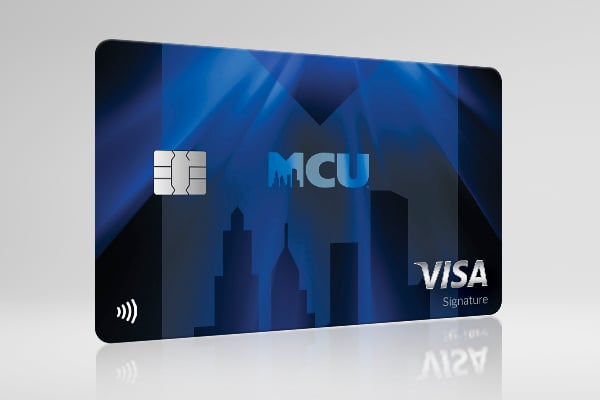- Home
- Meet the Team
- Log In
- Contact
- Careers
- Search
- Search Results
- Branches & ATMs
- Rates
- Log In
- About MCU
- Join MCU
- Personal Banking
- Lending
- Credit Cards
- Lending Services
- Insurance
- Member Resources
- MCU Financials
- Forms and Disclosures
- Privacy Policy
- Automated Telephone Banking
- Order New Checks
- Security & Fraud Alerts
- Privacy Notice
- Schedule an Appointment
Overdraft Fee
A charge that is assessed when a check or electronic transaction is processed for more money than is available in a checking account.
More Details
An overdraft fee is a charge that is assessed when a check or electronic transaction is processed for more money than is available in a checking account. Overdraft fees are typically assessed by banks and credit unions as a way to cover the costs associated with processing overdrafts and to discourage account holders from writing checks or making transactions when they do not have sufficient funds in their account.
Example
Imagine that you have a checking account with a balance of $100, but you write a check for $200. The bank will assess an overdraft fee to cover the cost of processing the check, even though it cannot be paid. Overdraft fees can be a significant cost, so it is important to carefully manage your checking account and to avoid overdrafts whenever possible.
Related Terms
Share Certificate
A share certificate at a credit union represents ownership of a deposited amount for a fixed term, earning interest.
Overdraft
A situation in which an account holder writes a check or makes an electronic transaction for more money than is available in their account.
Trust
A legal arrangement in which one party transfers ownership of property to another person or entity to be managed for the benefit of a third party.

 Previous Menu
Previous Menu







